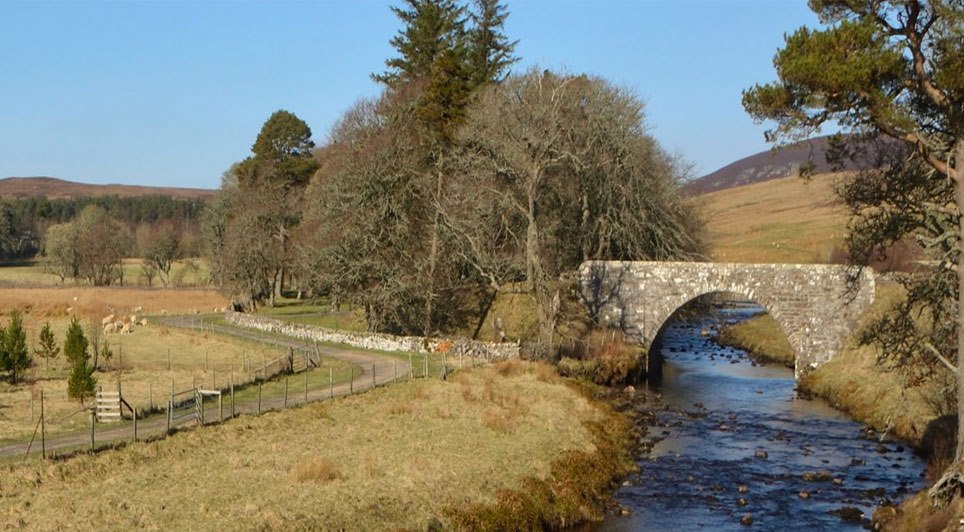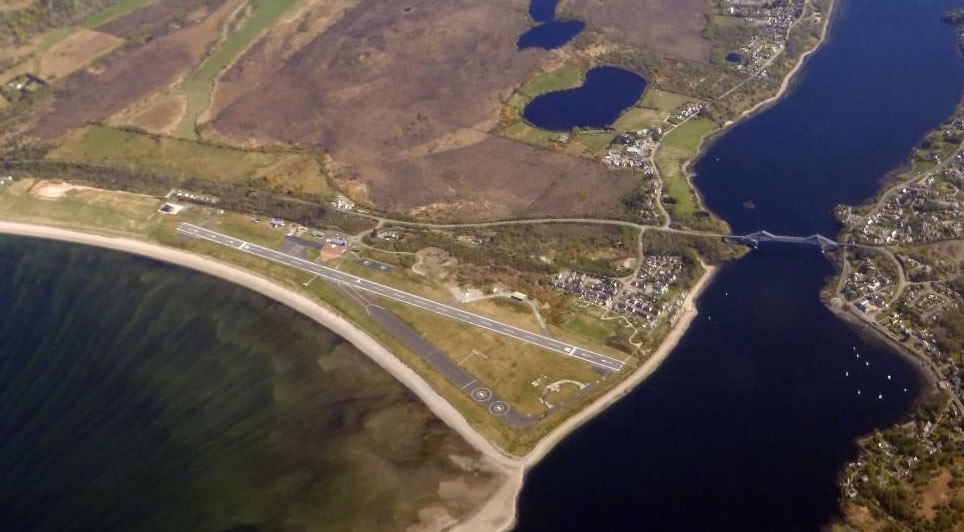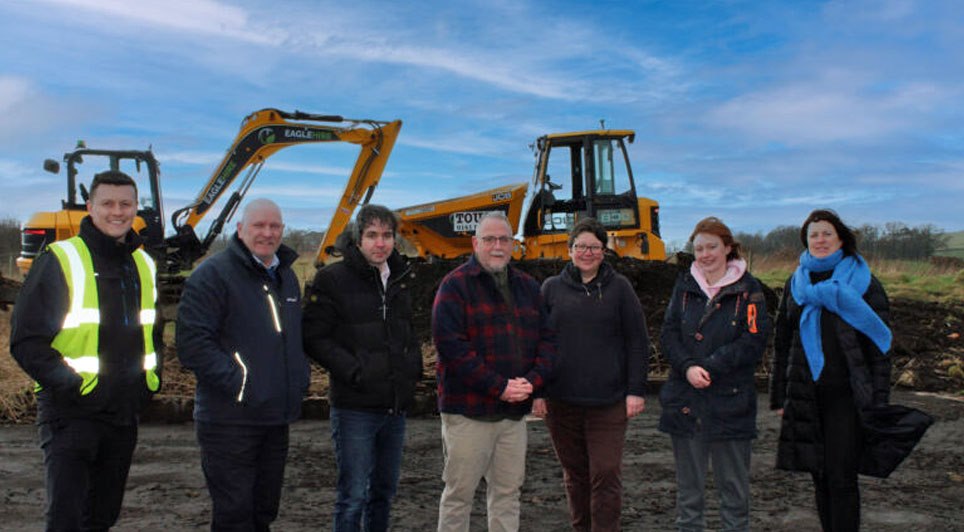Offshore drilling activity across North West Europe fell 12% in 2011 with 122 exploration and appraisal wells drilled across the region, compared to 139 in 2010, according to an end of year review released by Deloitte.
The report, which documents drilling, licensing, field developments and new field start ups in North West Europe’s oil and gas industry throughout 2011, shows that the UK Continental Shelf (UKCS) experienced a 34% decrease in drilling activity year on year with a total of 49 wells spudded compared to 74 wells in 2010. This is the lowest level since 2003 and represents a 37% drop on the average number of wells spudded each year for the last decade.
The trend in the UK is very different from the rest of North West Europe, however, with the Netherlands, Denmark and Greenland experiencing levels either above or equal to the previous year. Norway saw the largest increase with a 12% rise from 2010.
The report by analysts at Deloitte’s Petroleum Services Group shows:
* New field start ups continued to drop across both the UK and Norway.
* New field development approvals rose.
* Deal activity similar to 2010 but down 25% from 2009.
* Farm-in deals remain the most common type of deal, accounting for 53% of all activity.
* New players and companies are entering the UK, Norway and Ireland following the latest licensing rounds.
"The low activity on the UKCS is not what we would normally expect in a year when the average monthly Brent oil price has remained well above $100 USD per barrel, however, the downward trend is the result of a number of factors rather than any one single issue,” said Graham Sadler, managing director of Deloitte’s Petroleum Services Group.
"While the Supplementary Charge Tax imposed early in 2011, and further alterations to the fiscal regime, may have affected business confidence, given the lead time required for planning and drilling of exploration and appraisal wells, the full effect of this tax change may not be evident until the end of 2012 and beyond.
"It is more likely that a delayed reaction to the 2008 recession, current economic and market factors, delays affecting rig availability and the maturity of the UKCS are the key contributing factors."
It is also possible that the impact of the financial crisis is more evident on the UKCS, compared to other regions, due to the range of companies which hold acreage there now. 33% of the wells drilled in the UK during 2011 were operated by small independents and 39% by medium sized independents that may have been prone to difficulties in acquiring capital for investment in drilling.
Despite this, the report shows there has been a continued appetite for investment in the UK with a larger number of significant development projects granted approval during 2011.
"This is a sign of companies looking to get the best return on their investment by monetising their assets during a period of sustained high oil price. The same trend can be observed in Norway with an increase in the number of development plans granted approval during 2011," added Sadler.
"Moving into 2012 it is unclear whether levels of exploration and appraisal drilling will return to pre-2011 levels as the current factors driving decision making may continue to have an influence, along with the limited number of outstanding well commitments still to be met from the UK’s 25th and 26th Licensing Rounds, which may see levels continue to remain low in the next few years. We would however expect to see additional investment coming onstream in the months ahead and a number of field developments pushed forward."
Deal activity in 2011 remained positive with a total of 73% of the 118 deals recorded throughout North West Europe taking place in the UK (52%) and Norway (21%). Farm-ins remained the most common type of deal (53%) with asset acquisitions representing 18% of all activity, a marginal increase on 2010 figures.
Graham Hollis, energy partner at Deloitte in Aberdeen, said: "The sustained oil price is thought to be the main driver for the increase in merger and acquisition activity and asset acquisitions in 2011 compared to 2010. Companies had the opportunity to review their portfolios or increase their equity interest in reserves and the oil price may have allowed companies to take larger, more risky deals. This may also have led to companies buying more producing assets as opposed to exploration assets.
"The recent high levels of farm-in activity most likely indicates that a number of financially stressed companies were seeking partners to mitigate financial risk and meet their work commitments. Interestingly the number of asset acquisitions was lower in 2011 and 2010 compared to the two years before as were corporate deals and international deals.
"This again is likely to be due to companies reacting to the recession in the UK but also due to the high premiums paid for asset and corporate deals at a higher oil price."
(GK/DW)
Construction News
19/01/2012
Drilling Activity Down 34% Across UK Continental Shelf In 2011

30/04/2025
Plans for a £43 million education campus on the Isle of Mull have moved forward, Argyll and Bute Council has confirmed.
Following a decision earlier this month on the preferred location, the council will now progress with developing a detailed brief and concept design to inform the overall busines

30/04/2025
Global engineering and development consultancy Mott MacDonald has been appointed by Strathclyde Partnership for Transport (SPT), in collaboration with Glasgow City Council on behalf of the Glasgow City Region, to progress two key elements of the Case for Investment for the ambitious Clyde Metro proj

30/04/2025
Members of the Caithness Committee have unanimously agreed to adopt the Caithness Area Place Plan (APP).
The committee also committed to fully supporting and promoting the plan, ensuring it is considered within other relevant plans, strategies, developments, and funding opportunities impacting the

30/04/2025
Plans for a new business park at Oban Airport have advanced significantly with the announcement that Argyll and Bute Council has appointed hub North Scotland to oversee the project and Robertson Construction as the main contractor.
The Oban Airport project is a key component of the council's Tax In

30/04/2025
Contractors engaged in public sector projects across the UK will soon be subject to random and targeted spot checks on their payment practices.
This move by the UK government is designed to tackle the persistent issue of late payments throughout the construction supply chain.
According to advice

30/04/2025
Ten new affordable flats for social rent have been completed by The Highland Council in Carrbridge, addressing a significant demand for smaller properties in the area.
The development, named Struan Court after the former Struan Hotel which previously occupied the site, offers eight one-bedroom and

30/04/2025
The City of Edinburgh Council has held collaborative summit with key partner organisations to explore avenues for expanding the availability of accessible housing across the capital.
The Accessible Housing Summit, hosted by the council, brought together representatives from the third sector, housin

30/04/2025
A significant step forward has been taken in the development of a new £16 million flood prevention scheme designed to safeguard Bridge of Allan. Stirling Council has approved the procurement of a contract to design and construct the essential flood defences.
The planned infrastructure will offer pr

30/04/2025
A significant 64% of companies within Scotland's renewable energy supply chain are actively investing in skills, capabilities, and facilities to capitalise on the nation's burgeoning clean energy market over the next three to five years, a survey by Scottish Renewables has revealed.
The findings we

30/04/2025
A collaborative effort between McTaggart Construction and West Dunbartonshire Council is set to bring new affordable housing and a range of community benefits to the Willox Park area. The partnership will deliver a 17-unit, client design led, affordable housing development, procured through Scotland
 Scotland
Scotland UK
UK Ireland
Ireland London
London











